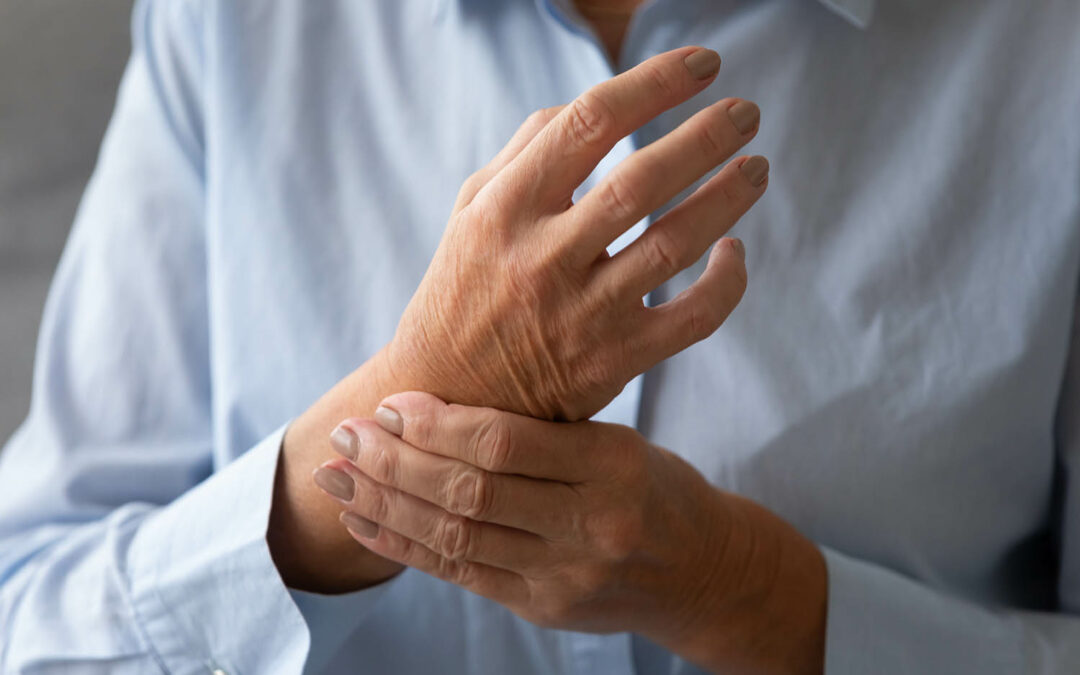While many of our patients come to our pain clinics seeking solutions for lower back pain or chronic migraines, our Benbrook pain and wellness center (as well as our Bedford location) offer pain management for many conditions. This includes pain management for autoimmune conditions. Today, we will be sharing basic information about effective pain management for patients with lupus. Read on to learn all about the basics of lupus as well as common treatment options that help with pain management.
What is Lupus?
Lupus is a chronic auto-immune disease. Just as with any auto-immune condition, patients with lupus experience a variety of painful symptoms due to the damage their immune system causes within the body. It occurs more often in women than men, specifically women between the ages of 15 and 44. The cause of lupus is currently unknown. However, possible connections exist between lupus and certain environmental factors as well as specific hormones.
Under the umbrella of lupus, there are four types:
- Neonatal lupus
- Drug-induced lupus
- Cutaneous lupus
- Systemic lupus erythematosus (SLE)
Signs & Symptoms
The immune system’s attack on healthy tissue can affect several organs, including kidneys and heart, along with joints, skin, bones and many others. Symptoms vary widely from patient to patient and can also fluctuate in intensity. It’s not uncommon for there to be stretches of time where no symptoms are felt as well as times when many flair ups occur.
Some common symptoms of lupus include:
- Joint stiffness
- Sunlight sensitivity
- Confusion and/or forgetfulness
- Fatigue
- Hair loss
- Chest pain
- Fever
- Joint pain
- Muscle pain
Treatments
Finding the right treatment for lupus-related pain can be challenging considering how diverse each patient’s symptoms are as well as how frequently or infrequently flair-ups occur. Chronic pain specialists at CPI’s Benbrook doctors accepting new patients center (as well as at Bedford) recommend a comprehensive approach. This means more than one type of treatment may be used at the same time in order to effectively manage pain. Some of the possible treatments include the following:
- Physical therapy
- Pain medications (nonsteroidal anti-inflammatory drugs)
- Immunosuppressants
- Arthritis treatments
Prior to beginning any new treatments, a thorough health history and physical examination will be performed. This may include additional tests, labs or scans to obtain more information if the specialist deems this necessary. Any additional resources the patient may have, such as a pain journal, should be brought to appointments to help offer insight into daily symptoms and habits that may be impacting the patient’s pain levels.
Self-Care Strategies
Another way to help effectively manage the painful symptoms of lupus is through self-care strategies. Self-care strategies are lifestyle modifications a patient can make in his or her day-to-day life. These modifications may involve actions such as changing a specific behavior or integrating a new alternative therapy. Some of the top recommendations our specialists give to lupus patients include:
- Try meditation
- Get regular exercise
- Improve your sleep environment and sleep routine
- Use hot and cold therapy
- Avoid long periods of sitting
- Schedule regular massages with a therapist/bodyworker who is familiar with lupus
- Reduce general stress levels
Benbrook Pain and Wellness Center
Whether you suffer from chronic pain, or acute pain from a motor vehicle accident, work-related injury or sports injury, CPI has a treatment plan that will work for you! Our specialized doctors take an individual approach to pain management and focus on properly diagnosing and treating your condition. We offer a broad scope of services to help you identify the root cause of your pain and help to build a customized treatment plan. Contact us today to learn more about how we can help you manage your chronic pain.

